Living with animals does more than fill your home with fur and funny noises—it reshapes your whole perspective on life.

Your pets remind you what matters, challenge your routines, and sometimes force you to slow down whether you want to or not. There’s something about the daily presence of a dog, cat, rabbit, or any other animal that changes the way you see things in subtle but important ways. You start to notice things you used to rush past, and care about things you didn’t give much thought to before. Here are some of the unexpected ways animals quietly rewire how you see life.
1. You become way more tuned in to non-verbal communication.
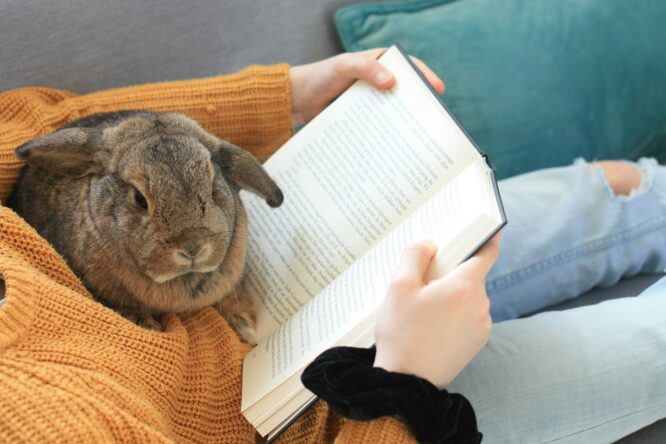
Animals can’t tell you how they feel in words, so you get better at picking up body language, tone, and energy. You start noticing posture shifts, eye contact, and subtle reactions that you’d have missed before. As time goes on, this spills into your human interactions too. You start to recognise discomfort, affection, or tension in people just by how they shift in their chair or what their silence actually means. It’s a kind of emotional fluency you weren’t even trying to develop, but you did.
2. You stop seeing productivity as the most important thing.
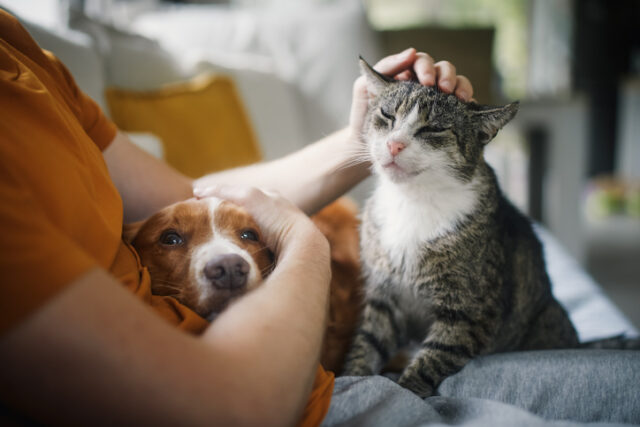
When a dog flops on the floor and just stares at the wall for 20 minutes, it’s oddly comforting. Animals don’t judge the value of a moment by how useful it is. They rest when they’re tired, play when they’re energised, and they’re not on some imaginary deadline. That starts to rub off on you. You find yourself valuing stillness, play, and presence in a way that doesn’t rely on ticking off a to-do list. It’s a reset on how you define a “good” day.
3. You develop a different kind of patience.

Training, routines, illnesses—animals demand a steady level of patience that you can’t fast-track. You learn to breathe through the messes, the repetition, the early morning wake-ups. That kind of patience doesn’t just stay with your pet. It leaks into how you treat yourself and other people. You start to give more grace to the learning curve, and less shame to things that don’t click right away.
4. You become hyper-aware of the weather.
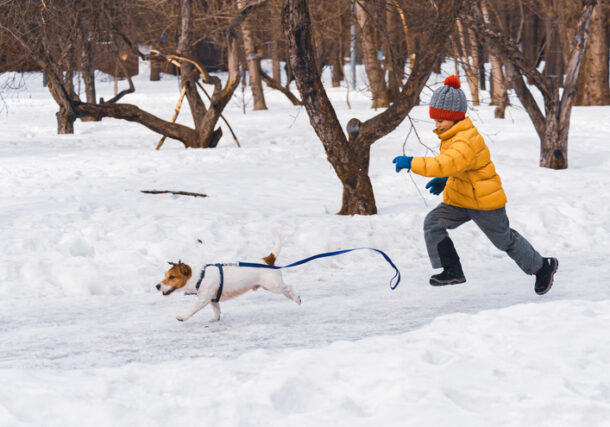
Whether you’ve got to walk a dog, cover a rabbit hutch, or convince a cat to come inside before a storm, the forecast becomes part of your everyday life. You start noticing the sky, the wind, the shift in light. It connects you more to the rhythm of nature. Even just being outside more often, on walks or cleaning up after your pet, makes you feel less detached from the world around you, and more present in it.
5. You feel less alone, even when you are.

There’s something grounding about knowing another living being is just nearby. They don’t have to talk or do anything remarkable. Their presence alone creates a sense of comfort and quiet companionship. It softens the edges of loneliness. You realise that company doesn’t always have to look like conversation. Sometimes it’s just existing alongside another creature that sees you as part of its world.
6. You become more emotionally honest without even realising it.
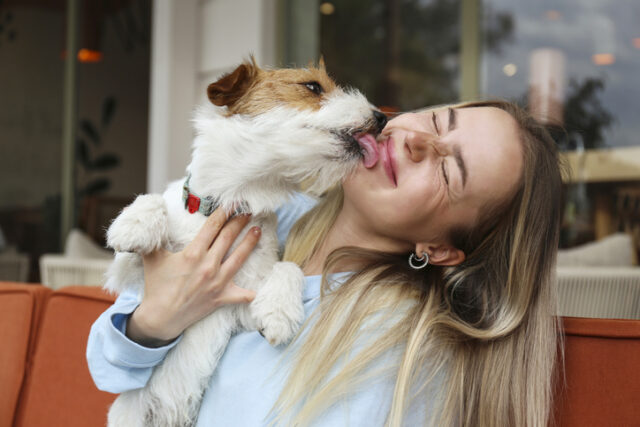
Animals are like emotional mirrors. If you’re anxious, they pick up on it. If you’re relaxed, they settle with you. You start to notice how your mood affects the space around you—not just in theory, but in real time. That awareness helps you get more honest with yourself. You stop pretending you’re fine when you’re not, because you see the ripple effect. And that kind of honesty becomes something you bring into other parts of your life too.
7. You start caring about the wellbeing of animals you’ll never meet.
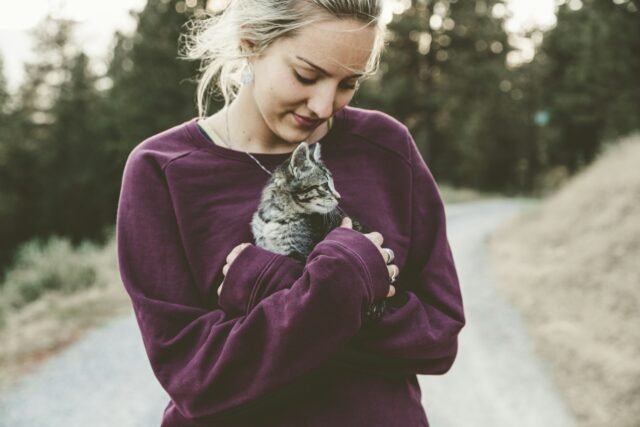 Source: Unsplash
Source: Unsplash Once you’ve loved one animal, it’s hard not to care about them all. Whether it’s stray cats, shelter updates, or wildlife footage—your empathy expands. You start seeing animals as individuals, not just background noise. That change can lead to other small but meaningful ones—how you shop, donate, or even just talk about animals. You start to view them less as “other” and more as fellow travellers with their own inner worlds.
8. You stop pretending you’re in control all the time.

Animals have a way of throwing chaos into the mix at exactly the wrong moment—vomiting before work, escaping at dinner, barking during Zoom calls. You learn to roll with it, or at least recover from it faster. It’s humbling—and weirdly, it helps. You start to let go of the need for everything to go smoothly all the time, and instead build a kind of flexibility that’s more helpful than perfection ever was.
9. You experience unconditional presence up close.
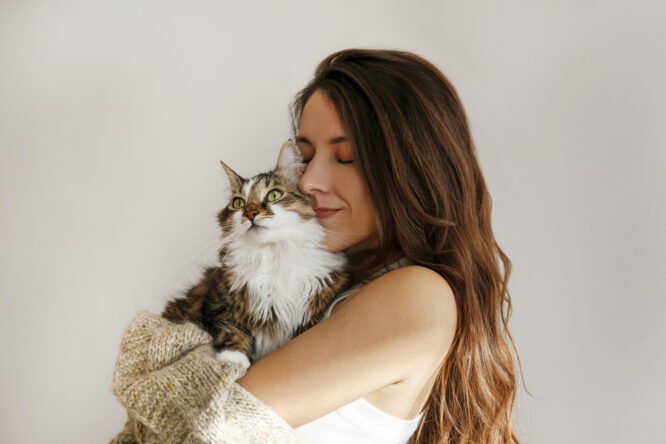
Animals don’t multitask their affection. When they’re with you, they’re with you. They’re not checking their phone or thinking about tomorrow’s schedule. That kind of presence is rare, and contagious. You find yourself slowing down when you pet them, noticing how calming it is to sit in a moment that isn’t trying to be more than what it is. It’s a different kind of mindfulness. One that doesn’t feel forced.
10. You redefine what companionship actually means.
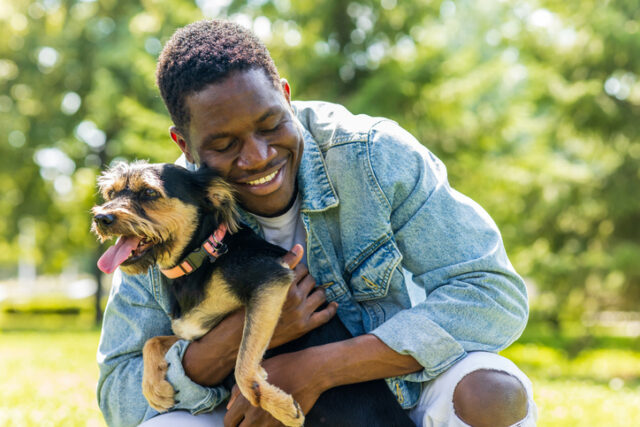
Being with an animal teaches you that connection doesn’t always need words, deep conversations, or grand gestures. Sometimes it’s just showing up. Feeding them, sitting beside them, paying attention. In the long run, that reshapes how you relate to people too. You realise that being reliable, warm, and quietly present can be just as powerful as anything more dramatic. Love, in all forms, gets simpler, and stronger.




